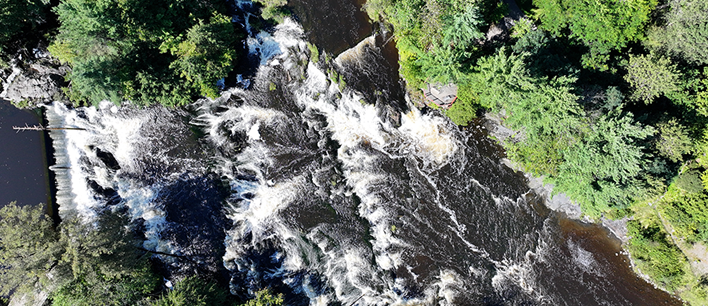Winter is the time of year when energy consumption spikes. Here are a few tips for saving energy at home, at the cottage and at work:
At home
- Turn off the lights and heat in rooms that are not in use. Close the doors to these rooms to avoid heat loss.
- Turn down the temperature throughout the house at night.
- Install electronic thermostats. They offer greater precision and can help save up to 10% of the energy required for heating.
- Keep furniture and other objects away from baseboard heaters and radiators. They can prevent heat from circulating properly.
- Wash your clothes in cold water. It’s often just as effective as using hot water, and you can save up to 50% on energy consumption.
- After a shower or bath, open the windows or use the exhaust fan in the bathroom to reduce humidity.
In the kitchen
- Pre-heating the oven is often unnecessary. Only pre-heat when absolutely necessary, such as when baking cakes or bread.
- When the oven is in use, use the interior light to check on your cooking, rather than opening the door repeatedly. Opening the door lets out 20% of the heat each time.
- Cover your pots with lids and use the range hood when cooking. By covering your pots, you reduce energy consumption by 20%, cut down on cooking time, and reduce the humidity in your kitchen.
- Only run the dishwasher when it’s full. Approximately 85% of the energy consumed by a dishwasher is used for heating the water. Rinse your dishes with cold water and then wait until it’s full before you run it.
Shades and blinds – open or closed?
Winter
Leave shades and blinds open during the day and let the sun help to heat your house. Close them at night to reduce energy loss.
Summer
Do the opposite of what you do during the winter: close the shades during the day to keep the sunlight out, and open them at night to let the heat escape.


